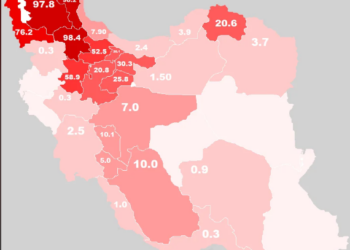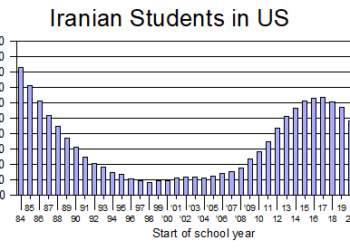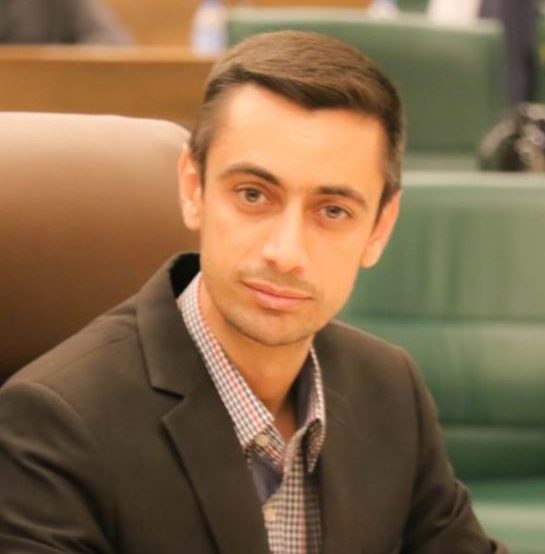June 28, 2019

At least three “laws” have been imposed in recent years without Majlis approval, Ali Motahari, one of the most outspoken members of the legislative body, announced June 16.
Motahari said one of these laws gives the Intelligence Organization of the Pasdaran the role of bailiff for the Judiciary, meaning it can take action, like arresting people, in the name of the Judiciary.
“The decision has been implemented as law without being even debated on the floor of the Majlis,” Motahari said. “Therefore, it is illegal and should be canceled.”
Motahari made the accusations in an interview with the daily newspaper published by state broadcasting, Jam-e Jam, which censored some of his remarks. Motahari complained of the deletions and published the omitted comments on social media.
The Pasdaran and the Judiciary have repeatedly declared that the Intelligence Organization acts as bailiff. However, they never explained who approved that arrangement without a parliamentary vote.
Radio Farda reported that the document promulgating the Criminal Procedure Act in 2013 did not even mention the Intelligence Organization. But two years later, some articles of the Code were amended, adding the name of the agency as one of the Judiciary’s bailiffs.
In Iran, the Judiciary’s bailiffs enjoy extensive powers including arrests, investigating crimes, initial interrogations, preventing suspects from fleeing, and preserving evidence.
Although the Intelligence Ministry has on many occasions stated that its counterespionage department is the sole authority to decide on the fate of people suspected of spying for foreign governments, the Pasdar Intelligence Organization has often arrested and interrogated espionage suspects.
In one such controversial case, in August 2016 a member of President Rohani’s nuclear negotiations team, Abdol-Rasoul Dorri-Esfahani, an Iranian-Canadian dual national, was accused by the Pasdar Intelligence Organization of spying for Britain and the US.
The Intelligence Ministry stepped in and declared Dorri-Esfahani innocent. Nevertheless, the Judiciary disregarded that proclamation and put Dorri-Esfahani on trial. In October 2017, Dorri-Esfahani was sentenced to five years for espionage.
Motahari said the second instance of a “law” being put into effect without any vote in the Majlis involved the Judiciary announcement that political defendants could only choose an attorney from a short list of lawyers approved in advance by the Judiciary.
“Restricting political detainees to pick an attorney from a limited list of lawyers approved by the head of the Judiciary is blatant discrimination,” Motahari said.
Article 3 of the Citizenship Rights Law of 2004 requires courts and prosecution offices to respect the right of the accused to legal counsel and to provide the accused with the services of a defense attorney. Article 35 of the Constitution also recognizes the “right to select an attorney” in all courts.
Third, Motahari said the Judiciary has effectively repealed on its own Article 190 of the Criminal Procedure Act, which bans interrogations in the absence of legal counsel.




















